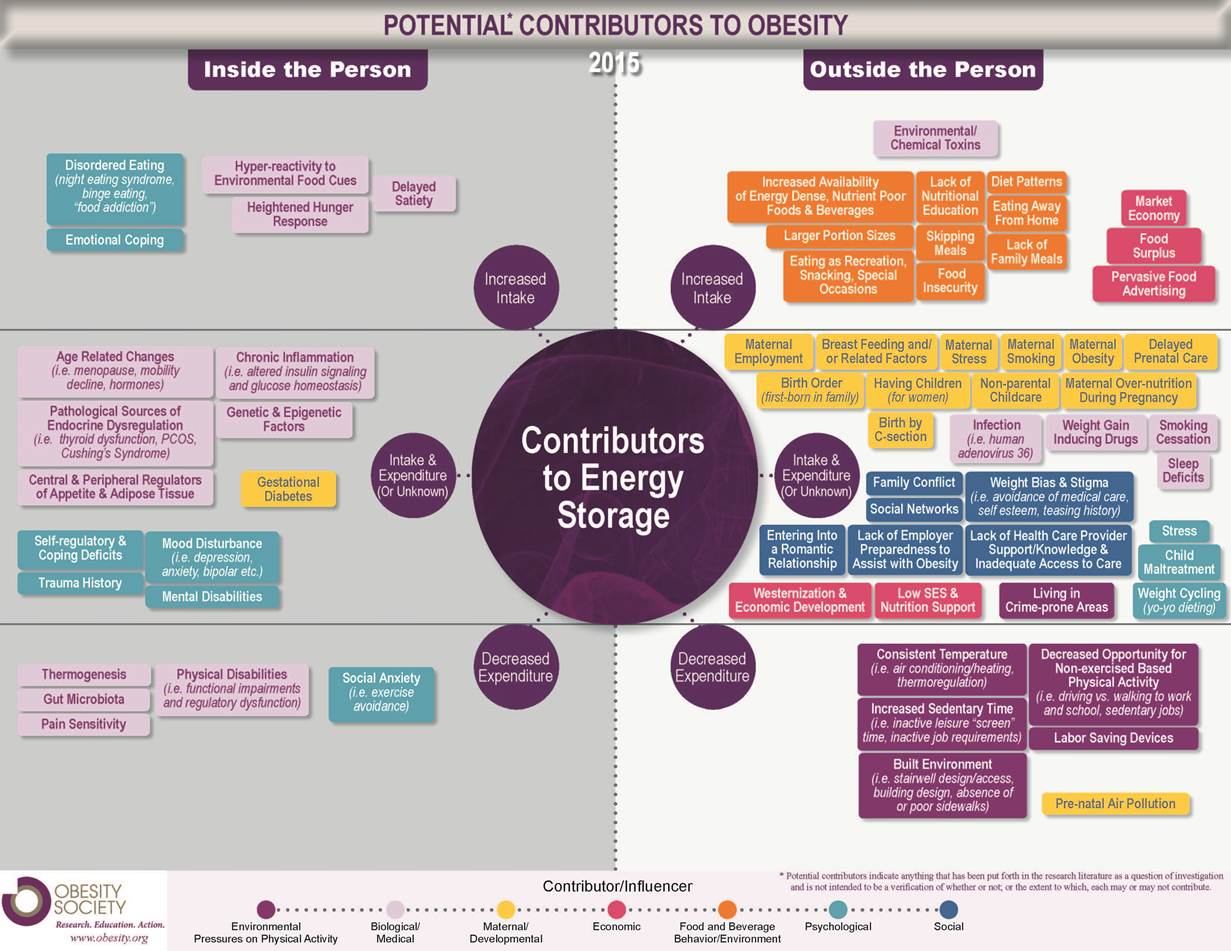
Obesity: A Case Study in Failed Generalizations
“I know about people like you.” Twenty-five years after visiting a church in a new community that would would soon be our new home, we still remember those words. Those words come to mind as we read the words of Larry Elliott in the Guardian. Larry Elliott is the economics editor for the Guardian. So he knows what obesity is all about. Of course, it’s economics. Boris Johnson has it all wrong, he writes. Poverty causes obesity. So you can’t fix obesity until you fix poverty. Add this to the list of failed generalizations about obesity.
The Biggest Single Cause of Obesity
 Is it the food? Or is it patterns of physical activity? Or maybe endocrine-disrupting chemicals? No, no, no. It’s social determinants of health. These are the endless smug arguments advanced by people who have the answer to why we have obesity.
Is it the food? Or is it patterns of physical activity? Or maybe endocrine-disrupting chemicals? No, no, no. It’s social determinants of health. These are the endless smug arguments advanced by people who have the answer to why we have obesity.
These are smart people and all of them have a valid point to make. Literally hundreds of factors are likely contributing to the health burden of obesity. Some of these villains get more attention than others. Sugar has been the target for a a couple of decades now. Ultra-processed foods are rising in their infamy. Vegans say it’s too much meat. Environmentalists agree, saying all that meat is killing us and the planet all at the same time. Obesity is not just an epidemic or a pandemic. It’s a syndemic!
Let’s return for a moment to Elliott’s suggestion that obesity is all about poverty. He’s wrong about that. Roland Sturm and Ruopeng An pointed out some time ago that obesity has been rising uniformly in parallel across economic groups. People living in poverty started with higher rates, but obesity is rising for both rich and poor people alike.
And so it is with other arguments about the most important cause of obesity. With each of these generalizations, we learn that it breaks down because many factors contribute and they interact with each other.
The One Thing We Must Do
Likewise, the idea that obesity can be reduced by a really good policy initiative is mistaken. Michelle Obama thought she could reverse it within a generation. Let’s Move! was a fine effort, but obesity rates continued to grow in spite of it.
The fact is that generalizations are dangerous and obesity is a case study in failed generalization. The vulnerability to obesity is biological. Most of our risk – 70 percent or more – comes from the genes we inherit. Some people are genetically resistant. Others are susceptible to varying degrees. Genes set the table for obesity. Our environment serves it up. But it’s not just one factor that brings it. The excess of obesity comes from many factors.
Thus, we need multiple efforts that actually have an effect. We need treatment and prevention. We must be more curious about everything that contributes to the problem. Objectivity about what works and what has no effect is essential, too.
But above all, we must offer more care for the people whose lives are profoundly affected by obesity. Shame, blame, and poor access to care all serve to make the problem grow ever worse.
Mr. Elliott has a point. Reducing poverty and economic disparities would likely help with obesity. Add it to the list of things to do. Let’s get on it.
Click here for Elliott’s commentary, here and here for more on the diverse causes of obesity. For more failed generalizations about obesity and poverty, click here.
A Diverse Crowd, photograph © Superlekker / flickr
Subscribe by email to follow the accumulating evidence and observations that shape our view of health, obesity, and policy.
August 10, 2020

August 10, 2020 at 9:05 am, Allen Browne said:
Good Monday morning thoughts.
“Let’s get on it!”